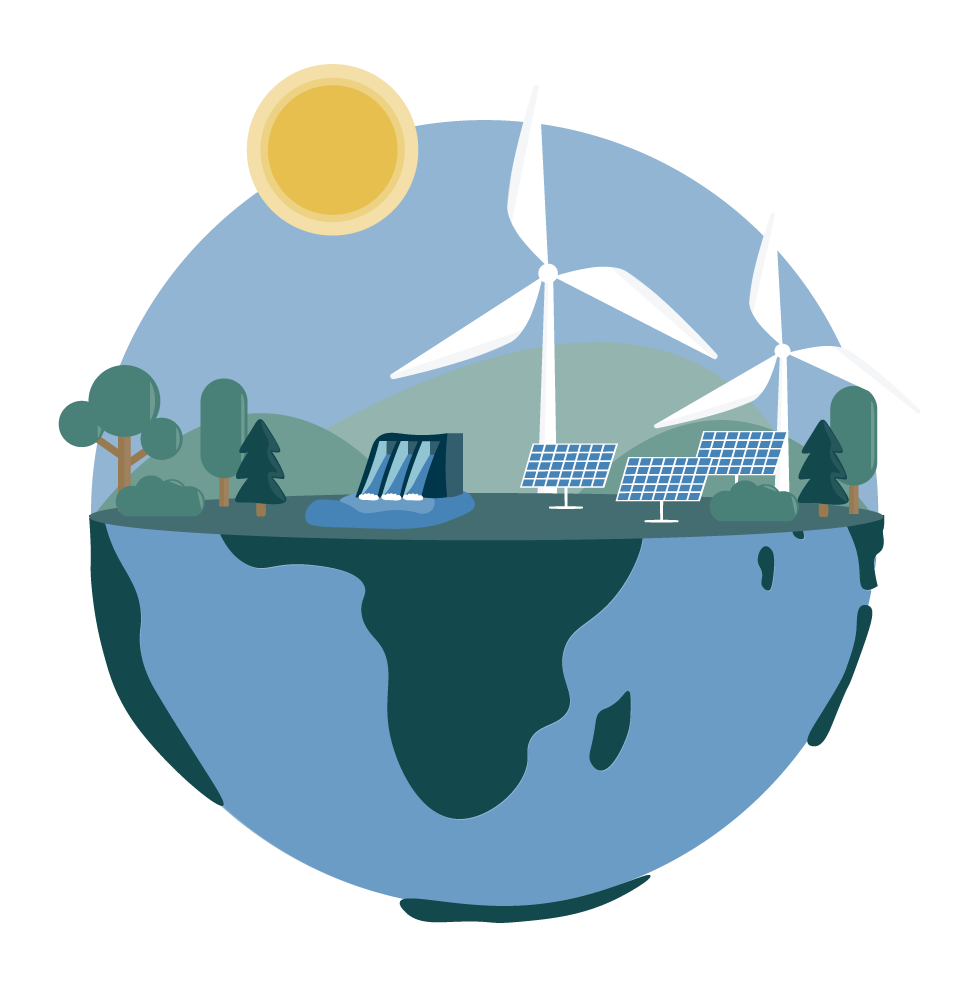As the dust settles from the recent European elections, the energy sector eagerly anticipates the creation of the new European Commission and the organization of the new European Parliament. One of the first and most important tasks awaiting the new Commission is the development of a legislative proposal for a 2040 climate target.
The European green transition is progressing well, with significant improvements already made and being initiated towards sustainable energy practices. A recent report published by the think tank Ember reveals that, for the first time ever, the generation of electricity through wind and solar overtakes EU fossil fuels in the first half of 2024.
In fact, solar and wind have risen to new heights, reaching a share of 30% of EU electricity generation, surpassing fossil fuels.
The highlights

Source: EMBER-climate.org
Despite these impressive numbers, to achieve EU’s ambitious 2040 climate goal, we must still deploy every available tool and strategy. This means that in the short and medium term, the continued use of fossil energy remains crucial.
In this blog post, we explore three reasons why we cannot quite yet rely solely on renewable energy to achieve the green transition.
1 Ensuring a stable energy supply
As Europe scales up renewable energy, there is a transitional period where fossil fuels will act as a necessary bridge. Fossil fuels, such as natural gas and coal, are indispensable for maintaining energy stability. Unlike renewable sources like wind and solar that are unpredictable, fossil fuel power plants can be ramped up or down quickly to match fluctuations in demand and supply, ensuring a continuous and reliable energy supply.
2 Hard to abate sectors and processes
Certain industrial processes, such as steel and cement production, rely heavily on high-temperature heat that is currently not feasible to produce with electricity alone. Fossil fuels are necessary to meet these high energy demands until alternatives, such as green hydrogen, become more viable and cost-effective.
The transport sector is another sector that vastly relies on fossil fuels and will require immense resources to change. Here, long-distance transportation, including aviation and maritime shipping, requires energydense fuels. While electrification is possible for short-distance and light-duty vehicles, heavy-duty and longhaul transport will continue to depend on liquid fuels derived from fossil sources until green fuels (e.g., synthetic fuels, biofuels, hydrogen) are developed at scale.
3 Energy storage limitations
Renewable energy is intermittent. Batteries and other forms of energy storage can store excess energy generated from renewables and release it when needed, reducing the dependency on fossil fuels for backup power. The European Union’s Energy Storage Strategy outlines how scaling up energy storage solutions is essential for achieving a carbon-neutral energy system by 2050. However, current energy storage technologies are not advanced enough to store energy at the scale needed to ensure a constant supply, making fossil fuels like gas and coal a necessary backup.
The path to climate neutrality
While Europe is well underway in the energy transition, we must acknowledge the complex nature of this journey by acknowledging the important role that fossil fuels will still play in the medium term. While the path to climate neutrality has its challenges, with the right tools and strategies, we can achieve a sustainable and reliable energy system for the future.
By continuing to invest in renewable energy, enhancing and further developing key technologies such as battery storage, and exploiting the potential of digital solutions, we will be able to deliver on a new set of ambitious 2040 climate targets.
No doubt we have already come a long way in Europe and while we aim to ultimately release ourselves from the dependency on fossil fuels, we are not quite there yet.











